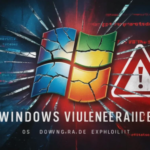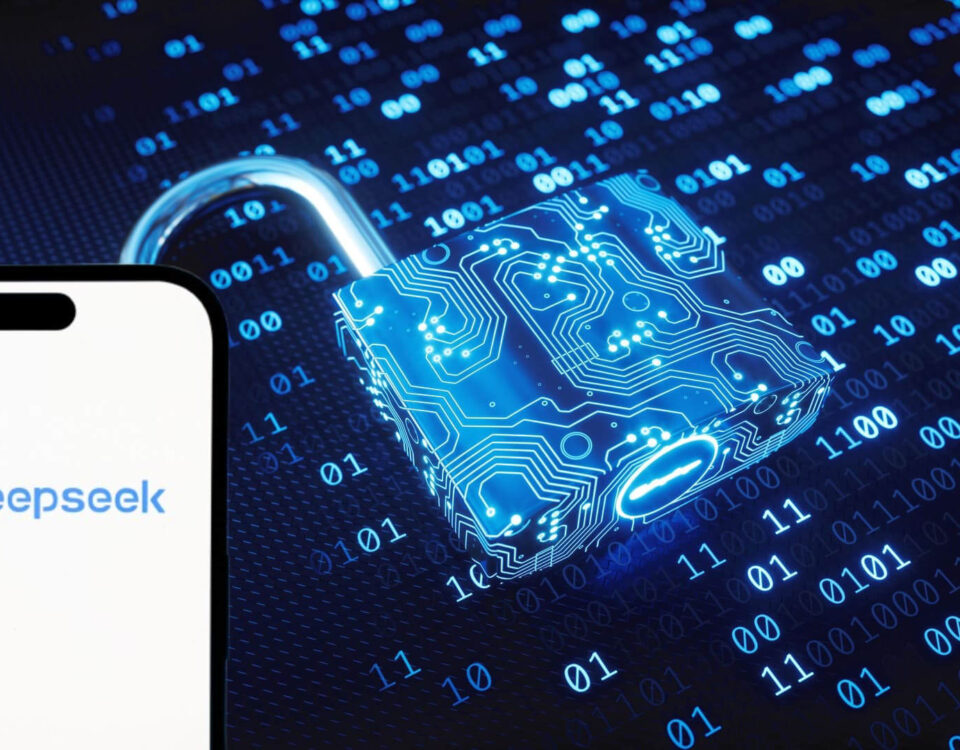
Canada Orders TikTok to Shut Down Over Security Concerns
November 7, 2024
OS Demote Vulnerability Discovered in Microsoft Windows Kernel
November 12, 2024In today’s digital world, cyber security has become an indispensable field. With technology advancing rapidly, the need to protect sensitive information and systems from malicious attacks has never been more critical.
Recent data shows that nearly 2,200 cyber attacks occur every day, with a new attack happening approximately every 39 seconds. As the frequency and severity of cyber threats increase, the demand for skilled cyber security professionals has skyrocketed.
But how do you know if cyber security is the right career choice for you? This guide will help you understand the key aspects of the field and how to assess if it aligns with your skills and interests.
What is Cyber Security?
Before you can decide if cyber security is for you, it’s important to understand what the field is all about. Cyber security focuses on safeguarding systems, networks, and data from digital threats. These threats can range from hackers trying to steal information to more complex attacks aimed at disrupting business operations or causing damage.
The need for cyber security is growing exponentially as more organizations move their operations online and store valuable data in digital formats. From government agencies to multinational corporations, almost every organization relies on cyber security professionals to protect their assets.
Why Cyber Security Matters
The significance of cyber security goes beyond just blocking unauthorized access to systems. It also involves maintaining the integrity, availability, and confidentiality of data. With the rise in data breaches and cyber attacks, businesses face financial, legal, and reputational risks.
The increasing reliance on technology, coupled with growing threats, means that there is a continuous demand for cyber security experts. This demand translates into numerous job opportunities, career growth, and a sense of accomplishment in making the digital world safer.
How to Know if Cyber Security is Right for You
Now that you have a basic understanding of what cyber security involves, it’s time to ask yourself if it’s a field you’d like to pursue. Here are some important factors to consider:
1. Passion for Technology and Problem Solving
Cyber security is all about technology and problem-solving. If you find yourself excited by technology, gadgets, and systems, and enjoy overcoming challenges, then you might find cyber security an ideal career.
Cyber security professionals are constantly learning about new technological trends, threats, and defense strategies. If you thrive in environments where quick thinking, analysis, and innovation are key, then this field might be a great fit.
2. Strong Analytical and Critical Thinking Skills
A career in cyber security requires strong analytical and problem-solving abilities. You’ll need to assess potential vulnerabilities in systems, identify weaknesses, and come up with creative solutions to mitigate risks.
If you enjoy breaking down complex issues and coming up with logical, efficient solutions, cyber security can be an engaging and rewarding career choice.
3. Ethical Responsibility
As a cyber security professional, you’ll often deal with sensitive information. Trust and confidentiality are critical. If you have a strong sense of ethics and integrity and are committed to protecting user data and privacy, then cyber security may be the right fit.
Cyber security professionals must also act responsibly, knowing the serious consequences of their actions. If you’re someone who values trustworthiness and integrity, you’ll thrive in this career.
How to Get Started in Cyber Security
If you’ve determined that cyber security aligns with your interests, the next step is to gain the right skills. Here’s how you can get started:
1. Education and Certifications
While a formal degree in computer science or a related field can be helpful, many successful cyber security professionals come from diverse educational backgrounds. What matters most is a strong understanding of networking, systems, and security protocols.
There are numerous certifications and online courses available to help you build foundational knowledge and skills. Programs such as CompTIA Security+, Certified Information Systems Security Professional (CISSP), or Certified Ethical Hacker (CEH) are highly recognized in the industry.
2. Hands-On Experience
Like any other field, hands-on experience is essential in cyber security. You can gain experience through internships, part-time roles, or even personal projects, such as setting up a home lab or participating in Capture The Flag (CTF) competitions. These experiences will help you gain practical knowledge and confidence in handling real-world security issues.
Cyber security is an ever-evolving field, so it’s important to stay current with the latest trends and technologies. Participating in forums, attending workshops, and continually learning will keep you on top of new threats and solutions.
3. Soft Skills Matter Too
While technical skills are paramount, don’t overlook the importance of communication, teamwork, and adaptability. As a cyber security professional, you’ll work with different departments, present your findings to leadership, and collaborate with other experts to resolve security issues. Strong communication skills will set you apart in this field.
The Path Ahead
Choosing a career in cyber security is a decision that can offer long-term job security, intellectual stimulation, and the satisfaction of knowing you’re playing a critical role in protecting valuable information. If you’re passionate about technology, enjoy solving problems, and have a strong sense of ethics, cyber security could be an excellent choice for you.
By pursuing the right education, gaining hands-on experience, and staying updated with the latest industry trends, you’ll be well on your way to a successful career in cyber security.





